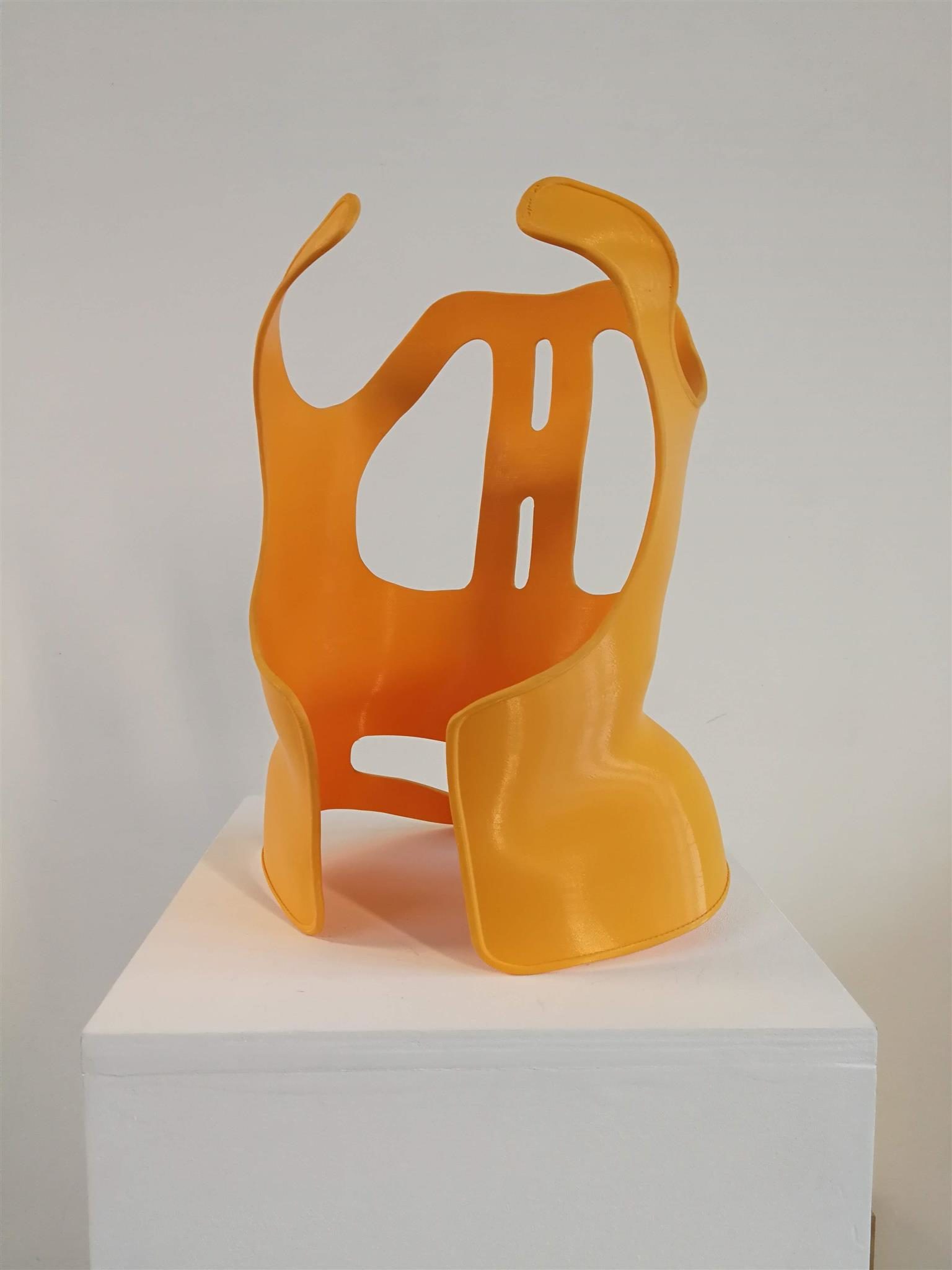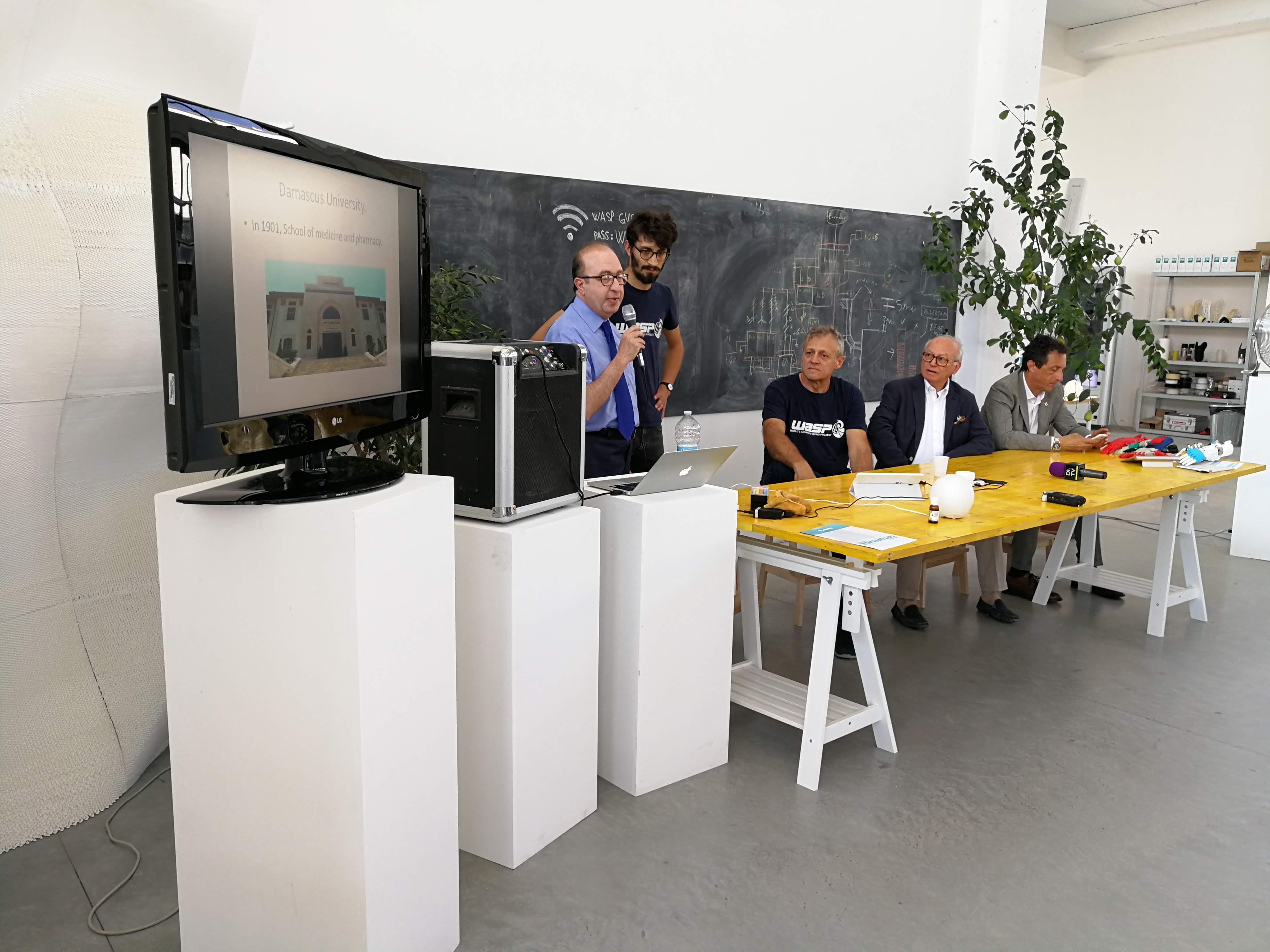Following the opening of its 3D printing centre in March, WASP now follows the move of medical 3D printing, one of the most demanding sectors in the 3D printing industry.
Called WaspMed, the digital orthopedic laboratory of the Italian manufacturer of 3D printers offers a system that consists in a column scanner for body-data-acquisition, a workstation to design the aids and control the machines, two 3D-printers to realize the aids and innovative materials studied on purpose and tested by WASP for the biomedical sector.
So, the laboratory will integrate a WASP 4C Bust Scanner, the WASP Workstation (which includes the software for scanner control and for slicing, on the one hand, on the other hand, a selection of open-source tools commonly used for modeling), the 3D printers DeltaWASP 2040 TURBO2 & DeltaWASP 4070 Industrial that can be used with 10 different materials for the orthopedic needs (from medical polypropylene to carbon nylon, from antibacterial TPU to ABS).

The laboratory will give life to a wide range of researches. The orthopedic polypropylene corsets of Dr. Lelio Leoncini, along side with the research on the implantable cranial prostheses of the neurosurgeon Villiam Dallolio as well as silicone cosmetic prostheses and sockets.
The Damascus project

Still with the aim to improve people’s health, WASP offers its support in the laboratory for 3D printing artificial limbs intended for war mutilated in Syria.
“With the University of Damascus, WASP and AMAR – Firas Al Hinnawi explained – we are working on three areas. We’ll start from the artificial fingers on which we have already done a lot of work. Then we will pass to the hands and the forearm. Finally we will focus on the lower limbs “.
The Digital Orthopedic Workshop was born from the intensive research carried out by the WASPmed group, a network of experts interested in the mutual exchange of skills and in the development of digital manufacturing tools according to the specific needs of the real user. “Our goal – added the CEO of WASP – is to develop processes, machines and materials to make a high-quality service even in the developing-world-areas. In Syria we will put into practice the connection between the medical knowledge of experts from our territory and the needs of a country devastated by the war”
For further information about 3D Printing, follow us on our social networks and subscribe to our newsletter
Would you like to be featured in the next issue of our digital magazine? Send us an email at contact@3dadept.com
//pagead2.googlesyndication.com/pagead/js/adsbygoogle.js
(adsbygoogle = window.adsbygoogle || []).push({});





